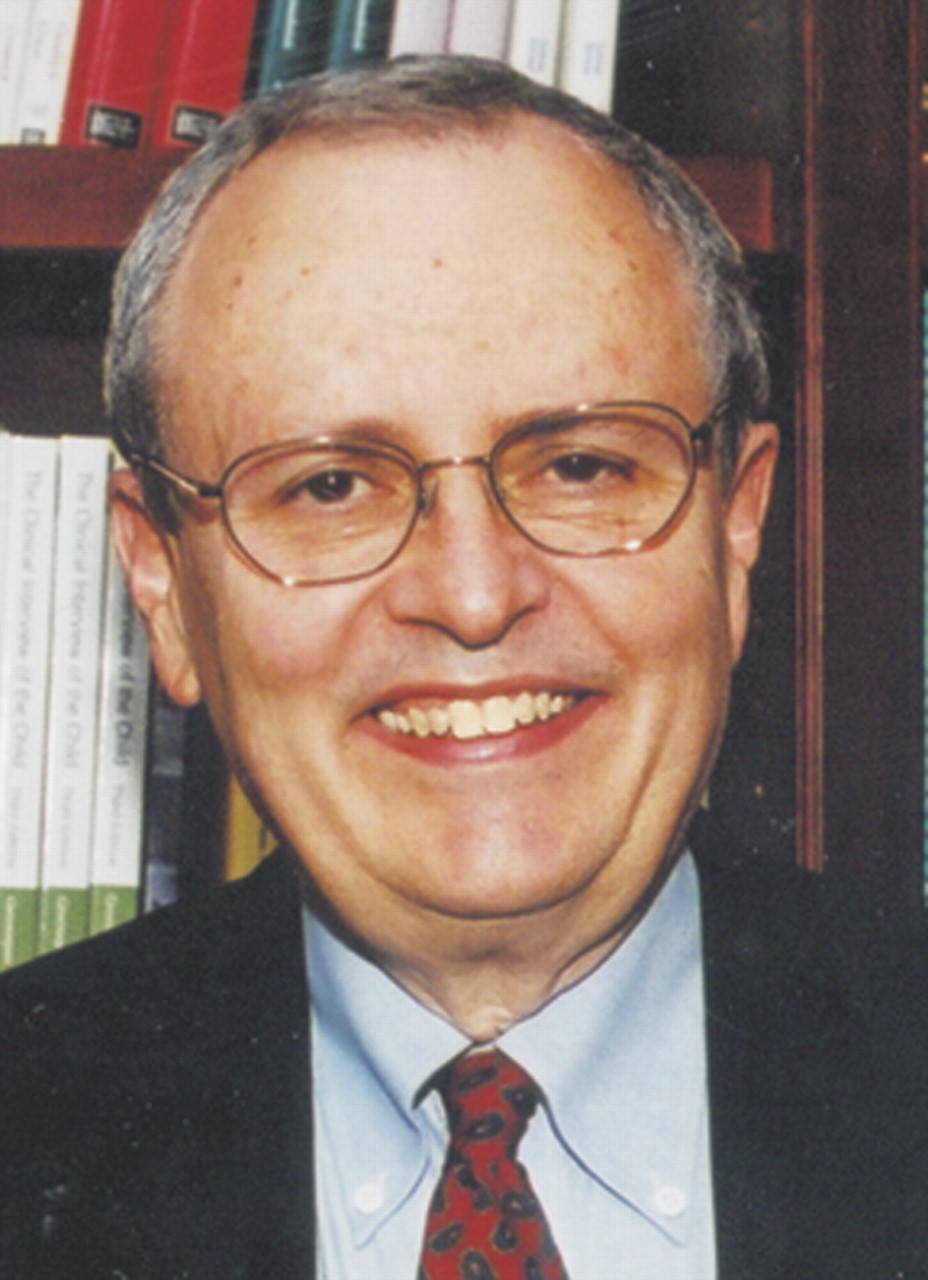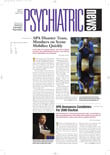In today's world of instant television reporting, the emotional impact of human disasters is more intense and immediate. The visual images make it difficult, if not impossible, to put the words together to understand and put in perspective the range of emotional reactions that we experience. This was true after the attacks on 9/11, and the images coming from New Orleans and the Gulf Coast once again take words and one's breath away.
What was so striking about the excellent reporting on Hurricane Katrina and its aftermath was that it emphasized how many low-income individuals, children, and the elderly had lost everything they had in a flash, and the government's slow response underscored by many examples of people in the media coming to the rescue of greatly distressed people.
As psychiatrists, we want to reach out to help hurricane victims deal with any mental health problems that might arise from the trauma they've been through. Many psychiatrists in the Gulf region and from around the country have come to the devastated area to volunteer their skills and time. They have not only provided mental health care but have also acted as primary care physicians. As nearly a million refugees are relocated around the country, psychiatrists in virtually every district branch will have an opportunity to deal with the immediate and longer-term effects of this awesome disaster.
I have heard from many colleagues around the country about their experience with the immediate aftereffects of the hurricane on their patients, their practices, and their personal lives. These colleagues are displaced, torn from their practices and their own patients, and are dealing with many of the issues of livelihood, home, insurance, and other matters. At APA, we have endeavored to provide a coordinated, passionate, and responsive set of actions to help our colleagues, medical students, residents, and the many volunteers who have come forward (see
page 1). At this year's Institute on Psychiatric Services, which is occurring in San Diego as this issue goes to press, there will be a special session on the disaster.
As reported on
page 7, APA joined more than 100 other organizations to send a letter on September 14 to Congress asking that the federal government provide full financial support for emergency Medicaid and urging that eligibility and documentation requirements be streamlined. We wrote that emergency Medicaid should include“ coverage for all survivors, not just those categorically eligible; enrollment regardless of assets or income; suspension in scheduled reductions in the FMAP (Federal Medical Assistance Percentage) for one year; and postponement of the end of Medicaid drug coverage for dual eligibles in or from the affected states transitioning to the new Medicare drug benefit.”
One aspect of this disaster that has struck many Americans is the unacceptable level of poverty and racial disparity, especially in New Orleans, that came to light. Perhaps in the aftermath of this disaster, we can take a hard, long look at some of these issues that are unacceptable, especially as we enter a new century. Like the residents of the Gulf Coast who must begin rebuilding their homes and their lives one brick at a time, so might we as psychiatrists look around at what we can begin doing, one step at a time, to create a true safety net for all Americans, including access to quality psychiatric care, out of the chaotic and fragmented system of U.S. health care.
Disparity is everywhere we look in our system. The “National Comorbidity Survey Replication,” conducted by Ron Kessler and colleagues and published in a series of three papers in the June Archives of General Psychiatry, found that of people identified as having a psychiatric disorder in the preceding 12 months, close to 60 percent had not received any treatment for their disorder. Most distressing to me was the general inadequate level of care that individuals received for their psychiatric disorders. Only 13 percent seen for mental health problems by general medical providers received minimally adequate care (defined as receiving either at least two months of an appropriate medication for a focal disorder plus four visits to the physician or psychotherapy with a health care or human services professional lasting an average of 30 minutes per session for eight sessions). The care was better when provided by psychiatrists, but only 48 percent of those who went to psychiatrists received care that met minimal standards.
This is where we need to begin. And this can be our most enduring act of kinship with the displaced thousands in the Gulf Coast: that we take it upon ourselves to rebuild America's health and mental health care system. So, as we reach out to our colleagues in Louisiana, Mississippi, and Alabama, we must also rise to the challenge and convert our emotional reactions to the images and stories so that we can meet human needs and translate compassion into real action. ▪

